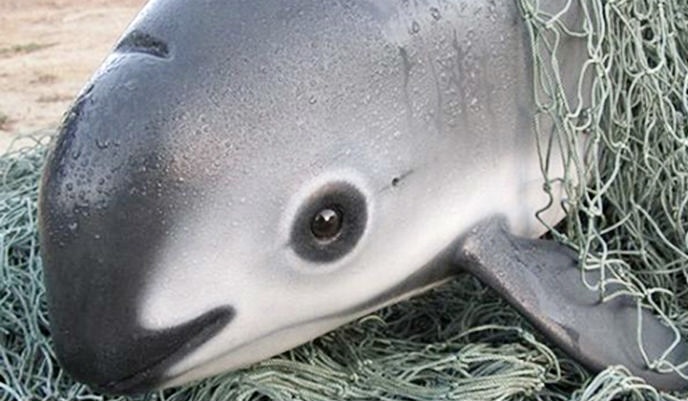You can help all animals and our planet by choosing compassion on your plate and in your glass. #GoVeg
RELATED ARTICLES
Pressure Mounts For Arizona To Ban Dog Pack Hunting Of Mountain Lions, Bears & Other Critical Species
Conservation groups have submitted a petition to the Arizona Game and Fish Commission urging a ban on the use of dog packs for hunting...
Help Save Millions Of Lives This Holiday By Choosing Compassion On Your Plate; Adopt A Turkey Today!
As Thanksgiving approaches, we hope you enjoy a warm and safe holiday. We encourage you to make a compassionate choice by leaving animals off...
Giraffes Are One Step Closer To Receiving Vital Endangered Species Act Protections
In response to a petition and subsequent lawsuit by conservation and animal protection organizations, the U.S. Fish and Wildlife Service (USFWS) has proposed listing...
Popular stories
News
Honoring Animal Activist Regan Russell One Year After She Was Tragically Killed In Ontario By A Slaughterhouse Transport Truck After Giving Water To Pigs
More than 60 vigils and memorials were recently held to mark the one-year anniversary of the tragic death of Canadian animal activist Regan Russell,...
News
Victory! Because Of Thousands Who Spoke Up, Commission Votes 5-0 To Protect Mountain Lions Under California’s Endangered Species Act
In response to a petition from the Center for Biological Diversity and the Mountain Lion Foundation, the California Fish and Game Commission voted 5-0...
News
Wildlife Groups Secure Legal Agreement To Further Protect Canadian Lynx By Calling For A Revised Evaluation Of Their Habitat In The Southern Rockies
Last week, the District Court of Montana approved a legal agreement that wildlife conservation groups secured with the U.S. Fish and Wildlife Service compelling the...



